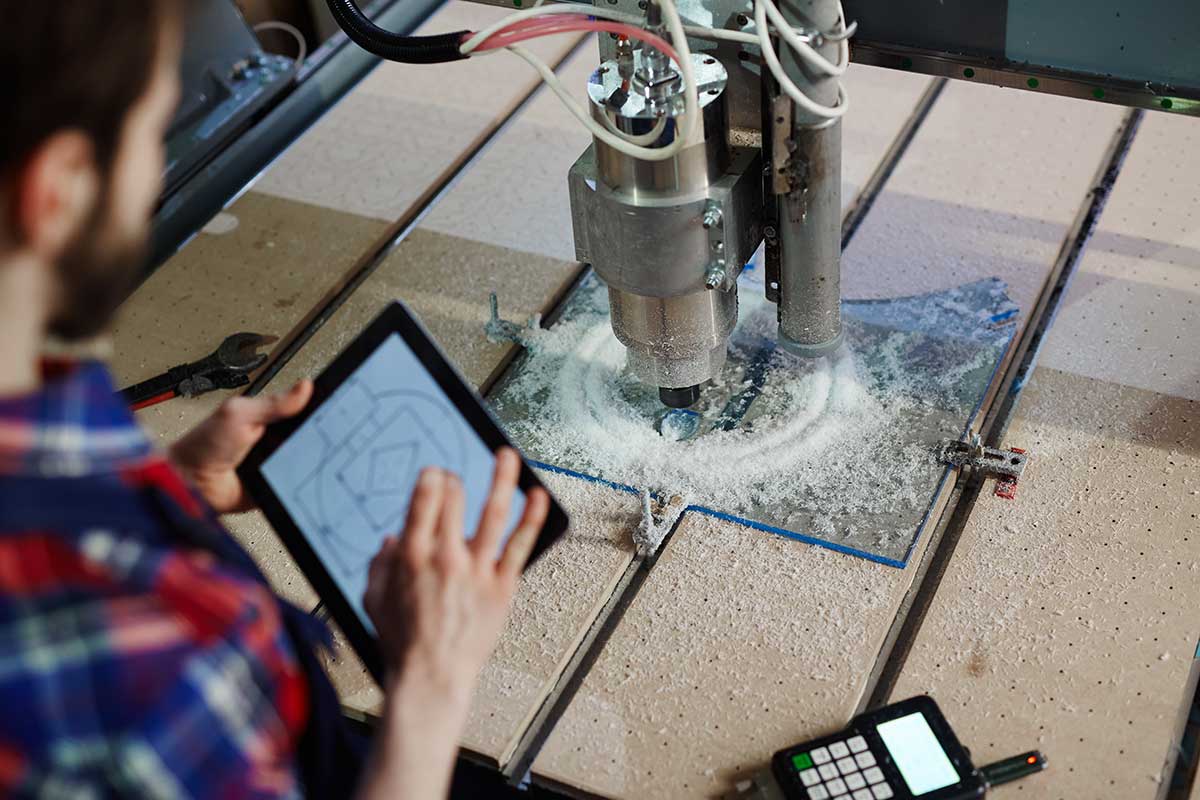When talking about dust abatement we refer to a specific action carried out by systems specially designed to filter and clean the air from these pollutants which are potentially harmful to human health
This of course is the first aspect connected to dust filtration systems, but not the only one, as they will also ensure savings in organizational terms of the work, reducing the time to be allocated for cleaning the surfaces, and economic, as where possible, the collected dust can be reinserted into the company's production cycle
For these reasons it is good that each company chooses the most suitable dust extraction filter according to not only the individual needs, but also the volumes produced, the type of material processed and the working area to be sanitized
7 questions you should answer before choosing your filtration system
Below we will facilitate the choice of the most suitable solution, or rather, we will try to make you reflect on the aspects to be taken into consideration before addressing a type of filtration system compared to another.
1. Is the space that needs a dedusting treatment outdoors or indoors?
Although this may appear as a "strange" question, there are also outdoor spaces that require the collection of suspended dust. Under these conditions, the abatement is much more difficult than in an area inside a company, therefore requiring particular systems specifically designed to operate in these conditions.
2. Is the area where the system will be ATEX classified?
In this case it will be necessary to opt for systems compliant with this directive which establishes the characteristics of the systems intended for areas with high explosive risk.
3. Are there any collection points?
It is important to know whether there are pre-existing collection points in the concerned area or not.
4. Do you have an estimate of the amount of dust produced?
It is important to understand the amount of pollutant produced in order to choose the best technology and good sizing of the filter.
5. Will the plant have to operate in a shift-based production cycle?
in fact, even in these terms there is a distinction between solutions intended for continuous working cycles compared to those intended for a use limited to a few hours and work processes within the workshop.
6. How many days a week will the system be used?
It is necessary to understand the daily use for which the plant is intended, or the possible estimated workload, if limited to a few hours or to the whole day.
7. Will the chosen solution only treat powders or also powders mixed inside vapors or gases?
In fact, in most cases the powders are present in a volatile form in the environment, but in some sectors they are mixed with steam or gas, therefore a system capable of also treating water through a centrifugation process is indispensable.
Quale filtro per polveri dovresti utilizzare?



